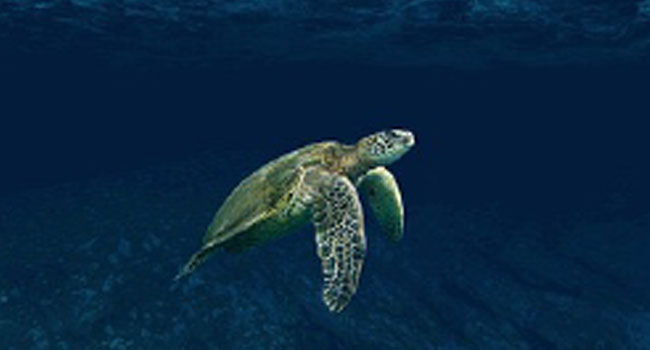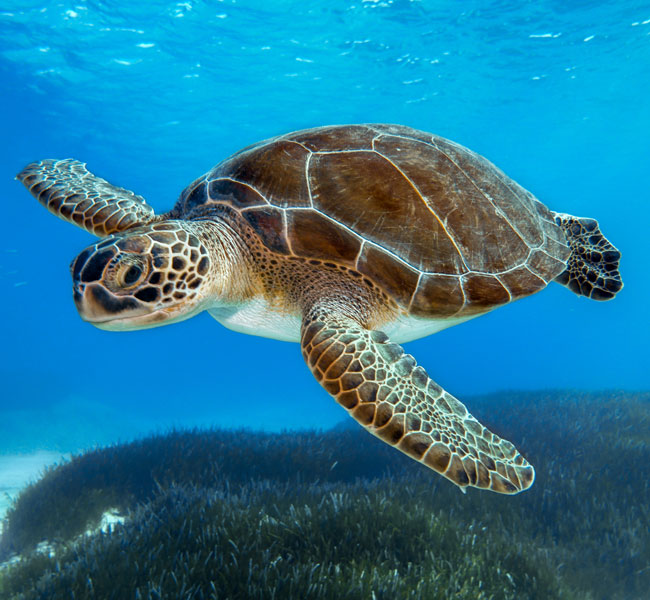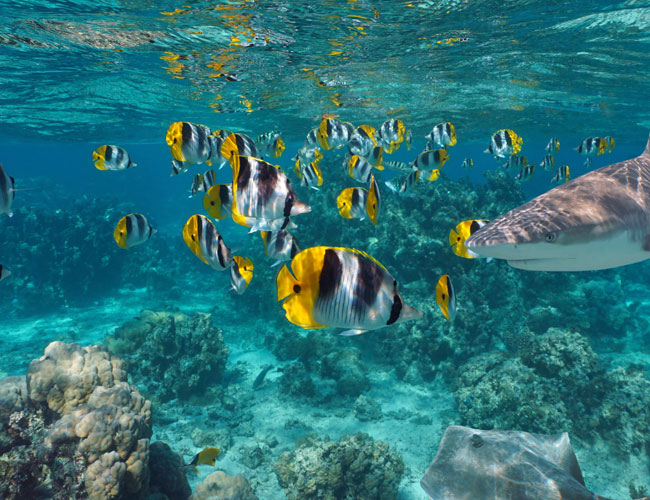The ocean makes up 70% of earth’s surface. It holds 79% of the earth’s water. The ocean stores large quantities of carbon. It provides a home to a diverse plant and marine life.
Unfortunately, we have polluted our oceans. Between the plastic and fossil fuels we have polluted our oceans to unsafe levels causing harm to many species of marine plant and animal.
We must clean them up and do a better job of protecting them. Without the ocean all that carbon would be released leading to a catastrophic disaster for all life.


Fossil fuels used by cargo ships, cruise lines, and fishing vessels not only give off emissions but pose the threat of leaking oil and fuel into the ocean.
The amount of disposable items from plastic is out of control. From drinking bottles, plastic straws and plastic grocery bags end up in our oceans. America alone uses a half a billion drinking straws.
Between the fossil fuels and the plastic the marine life is having a difficult time.
These problems are growing on a larger scale by the day. Until we get serious about saving our oceans they will continue to die.
How do we protect our oceans and the species they are home too? There are several things that can be done both by industries and individuals. These include:

We can all participate in the tips above to reduce ocean pollution.
Industries can reward employees for doing a beach cleanup once a week or once every two weeks. Industries can also reduce the amount of plastic they use when receiving goods they need and shipping goods they produce.
Individuals can help with recycling responsibly. This can also include cutting plastic bags and other items that you can cut so they will be less harmful to sea life. Reusable cloth shopping bags come in a variety of sizes and patterns or colors.
If you are a fisherman you should keep a garbage bag in the vehicle for your trash and any that washes up near you. Only keep what you can eat and release the rest, so the species has time to reproduce.
It is up to all of us to clean our oceans and reduce the risk to aquatic life.